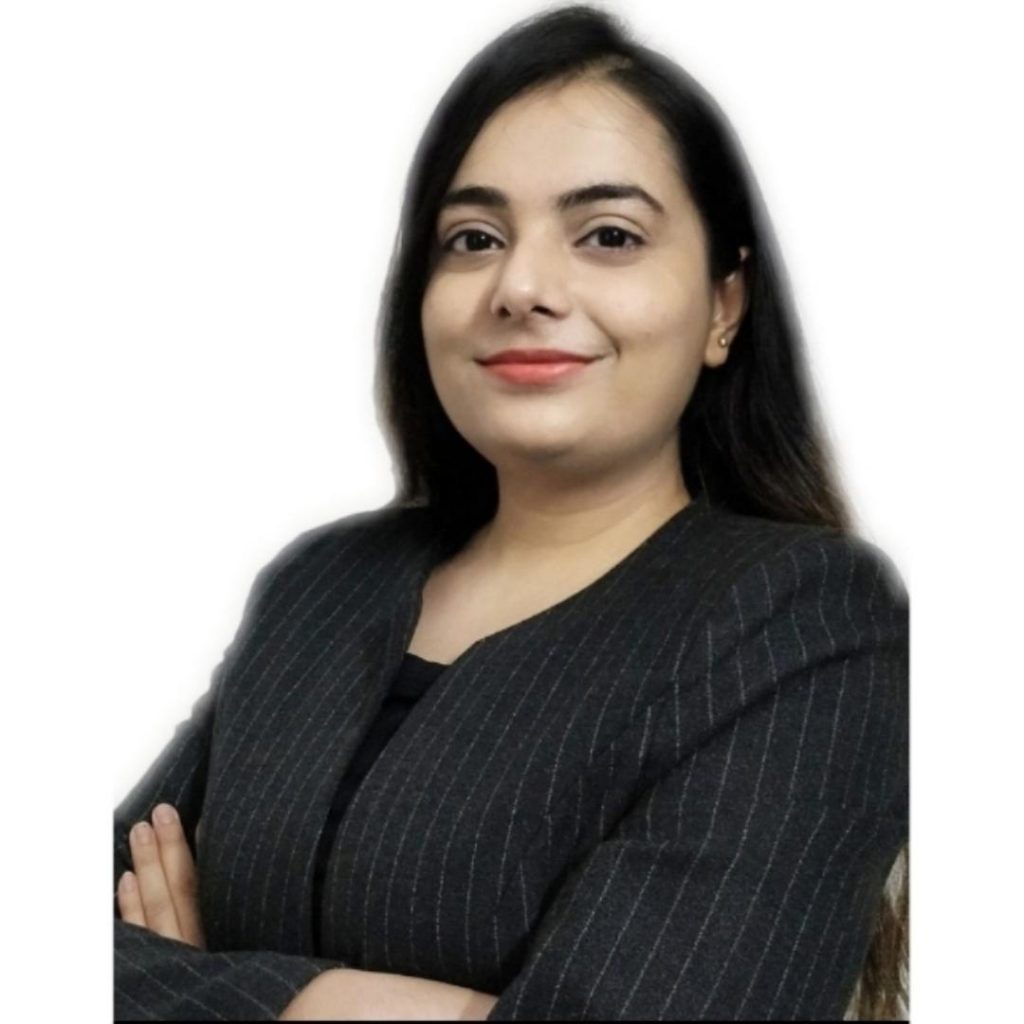Apoorva Saxena has active experience in sector-specific litigation including the telecom sector, aviation sector and power sector. She has been a part of various panel discussions and is deeply committed towards striving for excellence by ensuring hard work, and perseverance. Her blog on aviation law-SKYADVO, shares the latest legal developments in the Indian aviation sector and provides insights related to aviation laws, litigation and regulation. Here is her interview with Desi Kaanoon-
Q. Tell us something about your aviation blog SKYADVO.
A. SKYADVO is an infotainment blog that deals with the trending issues in the aviation sector, seen from a legal point of view. Hence, the word “Advo” follows the word “Sky”. The thought behind this blog is to create awareness about the legal framework governing skies. While practicing aviation laws, I often encounter people who are generally curious about the aviation sector. Many are surprised to know that there is special set of laws governing the aviation sector. I feel that there is a need for people to have an idea about certain aviation laws so that they are also aware of their rights. This is what made me come up with this blog, where I intend to share insights into various issues that arise in the aviation sector and to also spread some awareness on rights of passengers.
Q. You have been appointed as an Amicus Curiae twice, during the initial phase of your practice. This is unprecedented as mostly experienced lawyers are appointed as Amicus Curiae. How does that make you feel?
A. It is indeed an immense honour to be appointed as an Amicus Curiae by the Hon’ble Delhi High Court and Hon’ble National Consumer Disputes Redressal Commission. The fact that this happened to me in the initial phase of my career restores my faith in the indispensability of hard work and commitment. I have left no stone unturned to ensure that I submit a quality draft and that my argument is effective. This was recognised by the Hon’ble Court and the Hon’ble Commission who were kind enough to point it out while seeking my assistance in the matters. Often young litigants get demotivated by the years of experience other advocates have on them. I believe my appointment as Amicus Curiae has established that years of experience is not a prerequisite to quality work, if you are hardworking and committed.
Q. You had attended Youth Consultation for World Humanitarian Summit (India) as a Delegate and a part of AWC. What were your focus areas while suggesting solutions and how do you believe can they make an impact?
A. With the vision that youth can become a structural element while designing the humanitarian action aid, the summit enabled dialogue on 7 themes i.e. Humanitarian effectiveness; Reducing vulnerability and managing risk; Transformation through innovation; Serving the needs of people in conflict; Localizing Preparedness and Response; International Humanitarian Law & Humanitarian Action in Conflict. My focus areas amongst these themes was serving the needs of people in conflict. To that extent, I put forth my belief to give affected people greater voice in India by identifying target groups and giving them focused attention. Amongst the target groups, I asserted greater protection to children and adolescents since they are the most vulnerable in times of disaster/ conflict. I feel a dialogue amongst youth on critical issue is important. Dialogue amongst youth allows for exchange of thoughts which can enable effective solutions. These solutions are capable of bringing in tremendous changes when it reaches the centre point.
Q. You have majorly Interned under law firms. Is it because you always had in mind what you wanted to do in your career?
A. Yes. I was always clear that I wanted to enter the profession through a law firm. The high-pressure environment at law firms prepares a lawyer to handle challenges in a calm manner. For person like me who thrives under pressure, I felt that it would be the right start. It has helped me a great deal as the training I received has enabled me to ensure quality work even under challenging times.
Q. You have been into active dispute resolution practices before specialised tribunals like Telecom Disputes Settlement Appellate Tribunal (TDSAT), Airports Economic Regulatory Authority Appellate Tribunal (AERAAT), Appellate Tribunal for Electricity (APTEL), and Central Electricity Regulatory Commission (CERC). How was the experience different from that of courts?
A. The procedures and methods followed in courts are different from those followed in Tribunals and Commissions. The Tribunals and Commissions are specialised bodies dealing with very specific and technical laws regulating certain sectors. A lawyer practicing before these bodies need to have legal as well as sector-specific knowledge. This is important because the issues arising before these bodies have to be examined in light of the challenges faced by the sector. Practicing before these bodies has been extremely enriching for me.

